DreamStreet Theatre Company: Helping Adults With Special Needs Shine
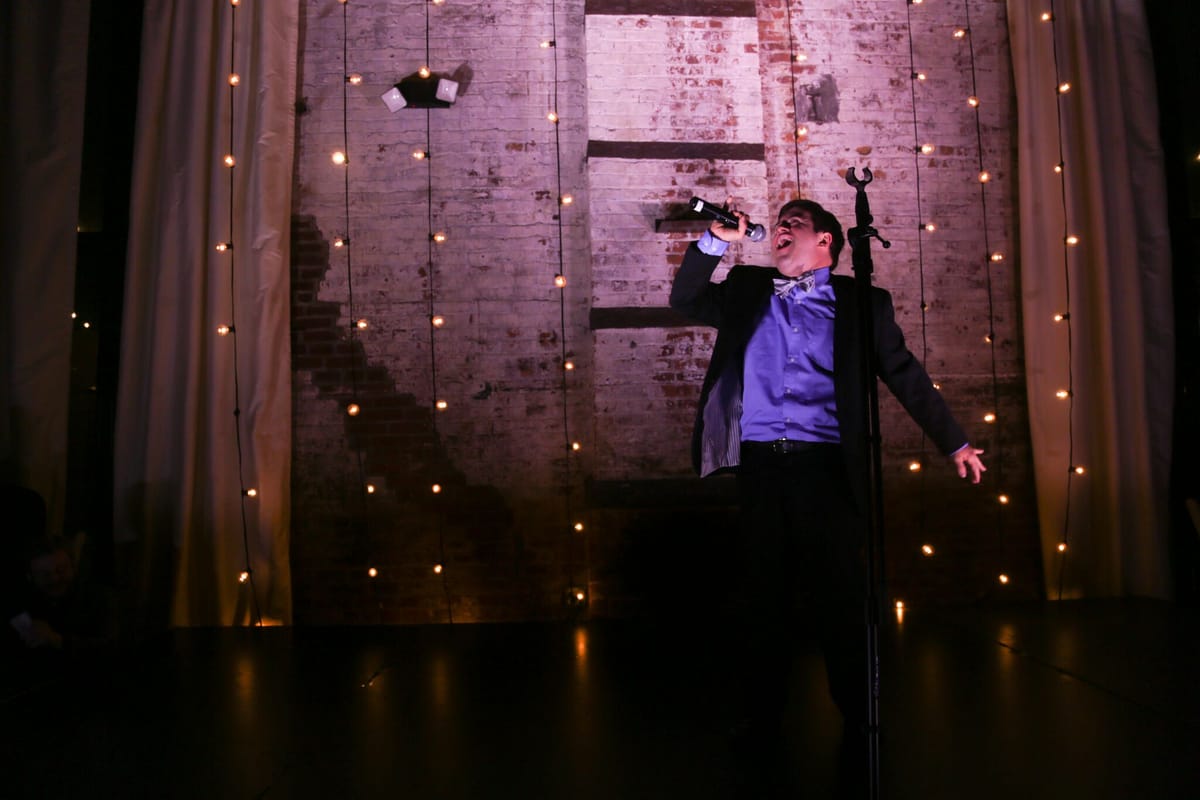

FORT GREENE – For nearly 20 years, DreamStreet Theatre Company has provided education and inspiration to developmentally disabled adults with a passion for the performing and creative arts.
The Brooklyn-based non-profit was founded in 1998 by Karuna Heisler, a social worker and performer. While working as a Clinic Coordinator for the Young Adult Institute, Heisler discovered that the developmentally disabled, particularly adults, had little access to resources and services to help them express their creativity or develop their social skills.
Heisler started her own program and two things immediately became clear—that the participants wanted to date and they wanted to be on stage, Kendra Heisler, Karuna’s daughter, told BKLYNER last week. DreamStreet has made both these goals possible for its participants.
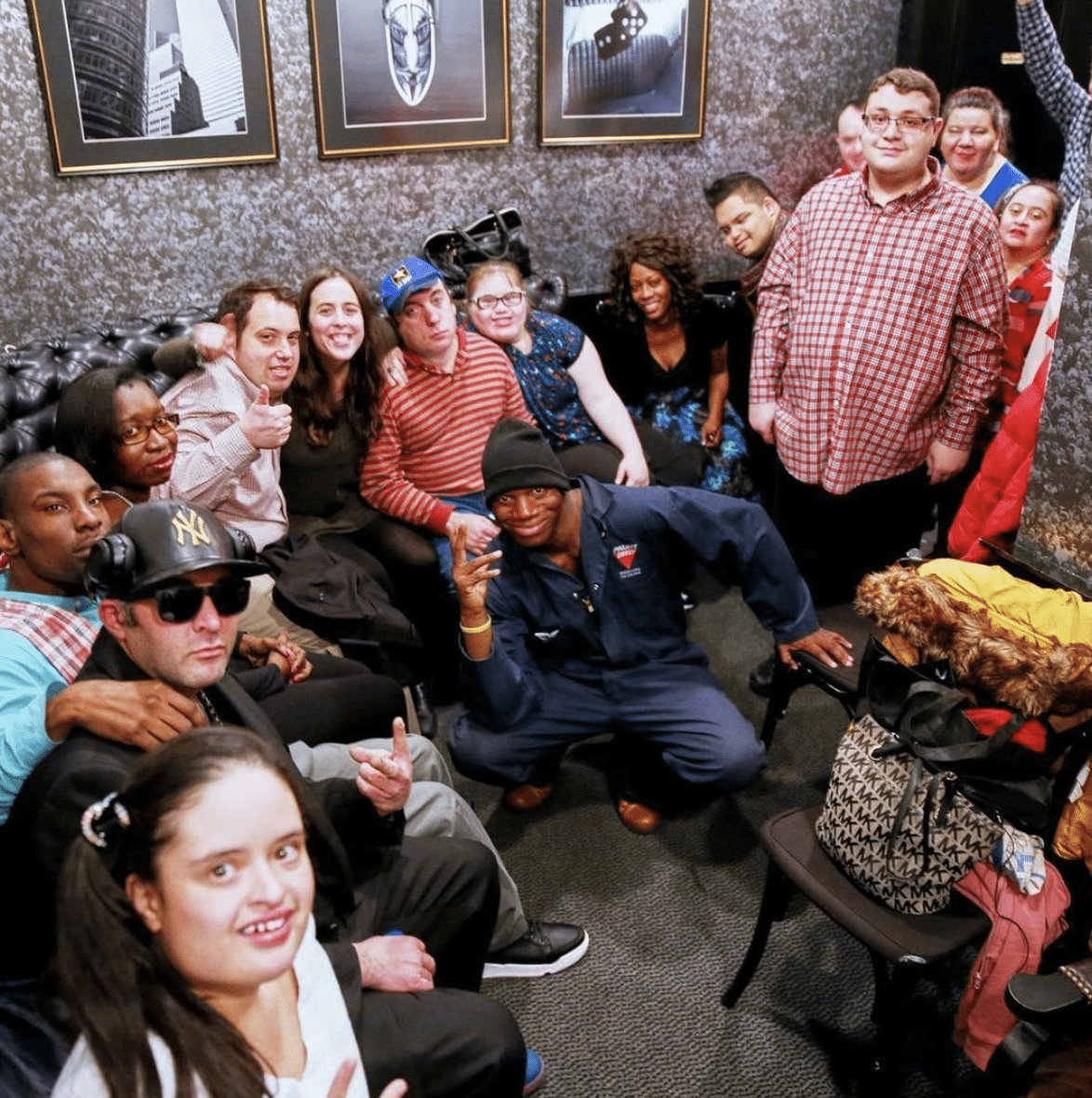
Kendra had volunteered with DreamStreet since its inception. After Karuna passed away in 2007, Kendra’s father, Lenny Heisler, assumed the Executive Director role.
“This really was her life’s work and I think the part of her life, outside of her family, that gave her the most joy,” Kendra recalls. “When she passed away, my father took it over. My father is in his 70s now and was ready to move into a different position as an advisor,” she explains.
“There was an option, of course, to have somebody else take over [after her father stepped down], but it wasn’t an option for me,” Kendra adds. “It’s really the most incredible thing that all of the staff and I do with our lives.”
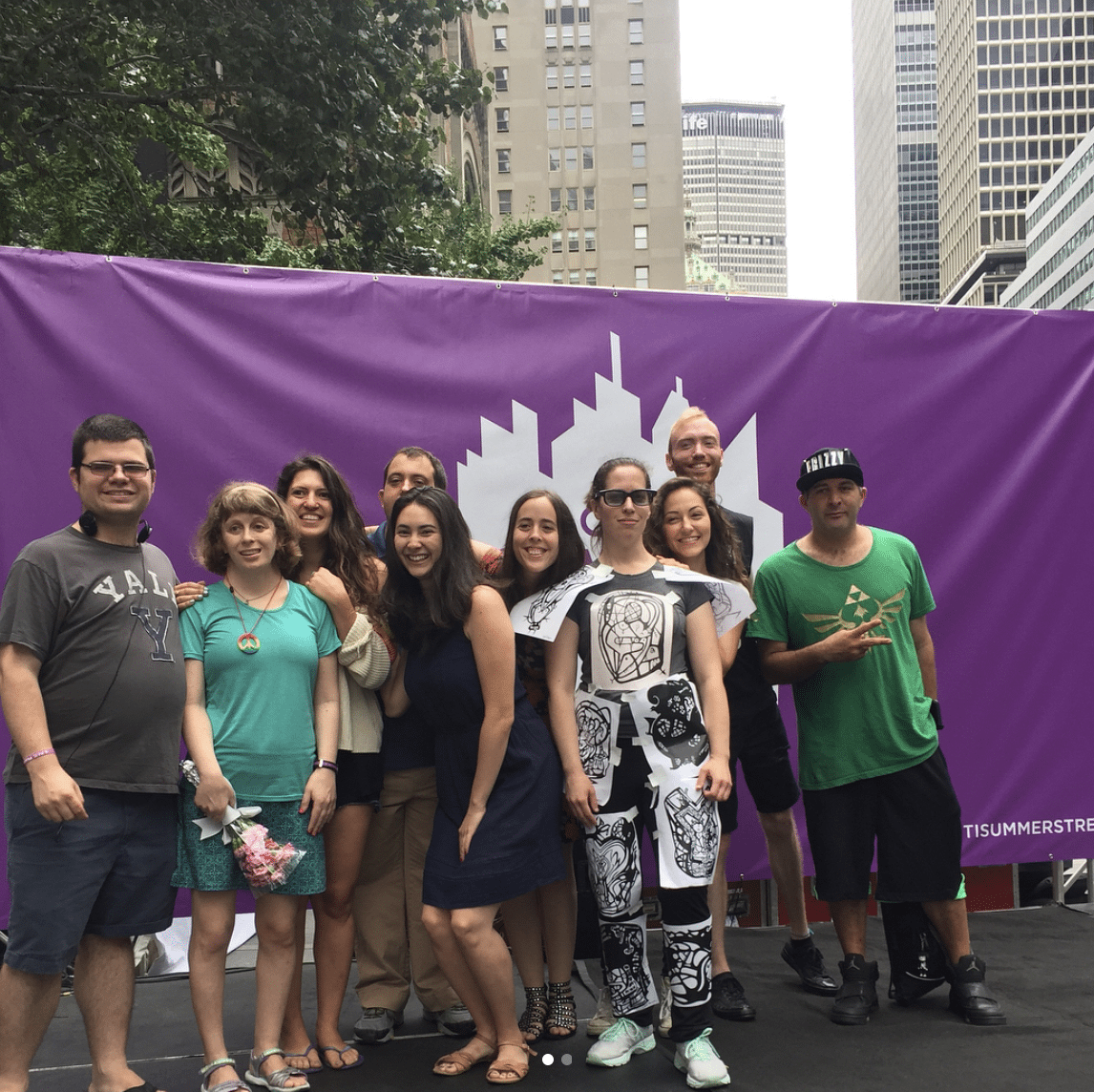
Kendra joined DreamStreet full-time as Executive Director in 2013 and has since worked closely with the team in staging two major productions a year as well as approximately ten community outreach performances annually, performing for the Pierrepont Home for the Elderly in Brooklyn Heights, Methodist Children’s Hospital in Park Slope, and the Rosemary Kennedy School in Long Island, among other facilities.
These outreach performances allow the DreamStreet cast members to give back to the community as well as offer them the chance to serve as role models.
“We really want to focus on the adult population because we find that they have often been forgotten or under-served,” Kendra explains. She says a serious issue in the special needs community is a lack of support after members “age out of school.” Adults with special needs often lose “much needed resources” like physical and occupational therapy after they’ve completed school. “A ton of resources are just dropped,” she adds.
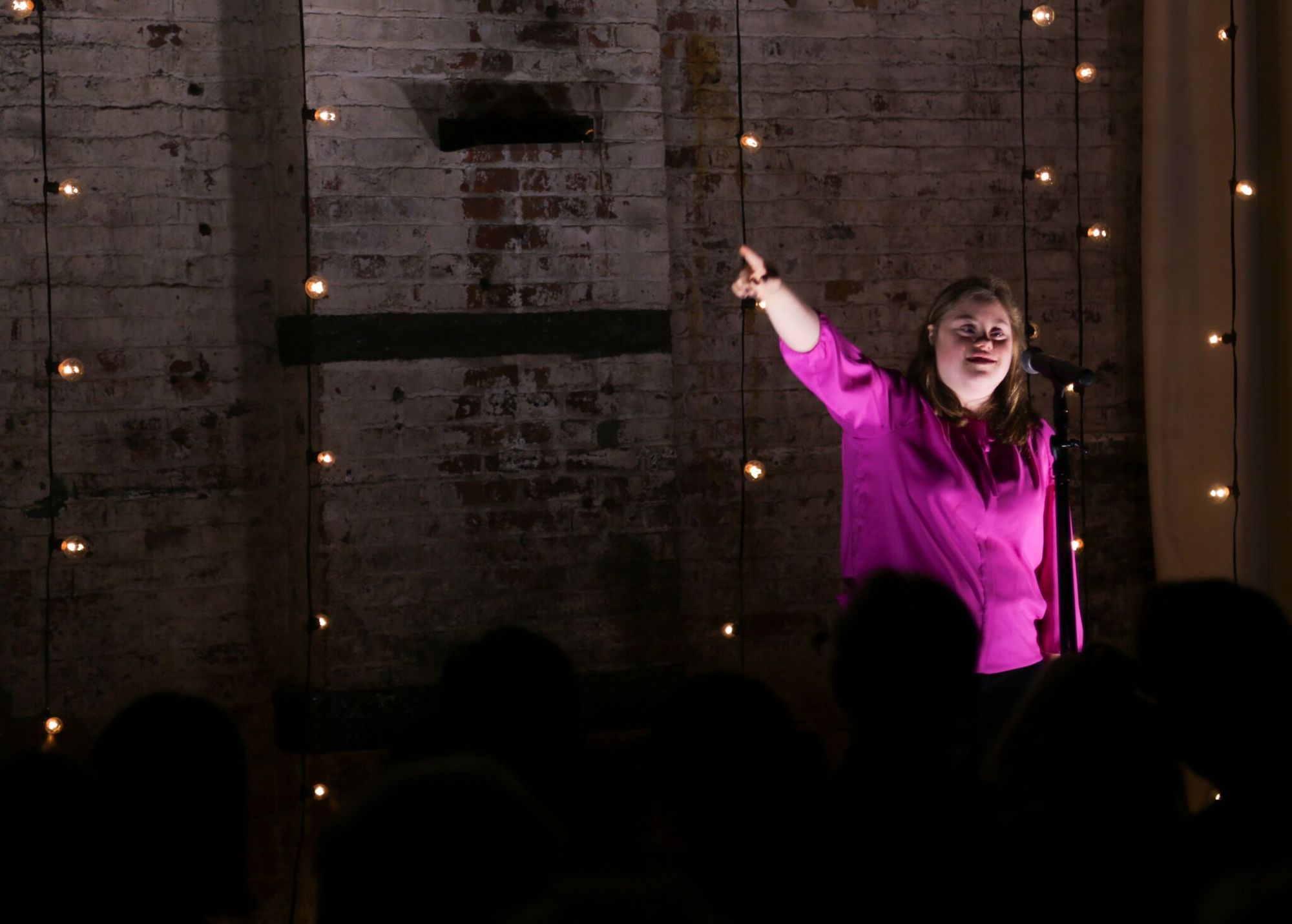
Of the group’s 31 members, the oldest is 51, with six of the original eight cast members still involved and performing regularly. “They’ve grown up with the program,” Kendra says, “and on a personal note, they’ve grown up with me.”
Rehearsals take place every Tuesday and Thursday evening, with Tuesdays focused on theater skills, such as audition preparation, line memorization, resume workshops, improv, clowning, and mime. Thursdays are movement-based, focused on dance, such as tap, and baton twirling. Classes are limited to 15 participants with an approximate 2:1 ratio of students per staff member.
A few DreamStreet members recently tried out for a part in Broad City and one member has appeared in a couple of movies, Kendra says.
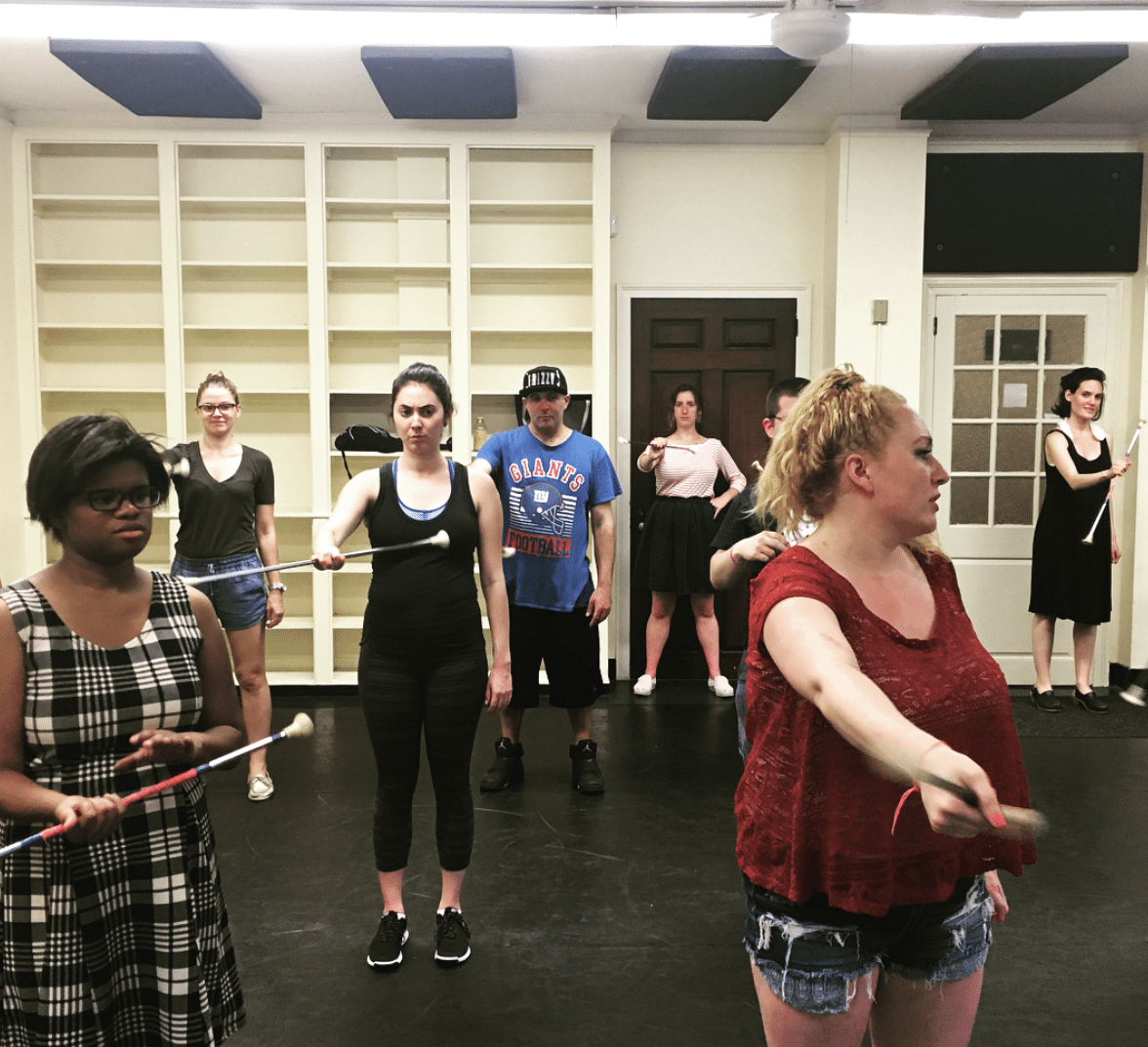
DreamStreet productions have always been produced using devised theater techniques, she explains. “What you do is gather information, through exercise, drama therapy, theater exercise, improvisation, mime, and gather a dialogue about what’s important for these artists at this time and create a script around it.” There is always an occupational therapist, social worker, or a drama therapist on site at all times to work with the cast members, she adds.
The company’s first production consisted of “a series of vignettes that represented each Dreamer’s cultural differences and what they identify with” and a second act that featured clowning and mime all set in a “fantastical world called Dream Street,” according to Kendra.
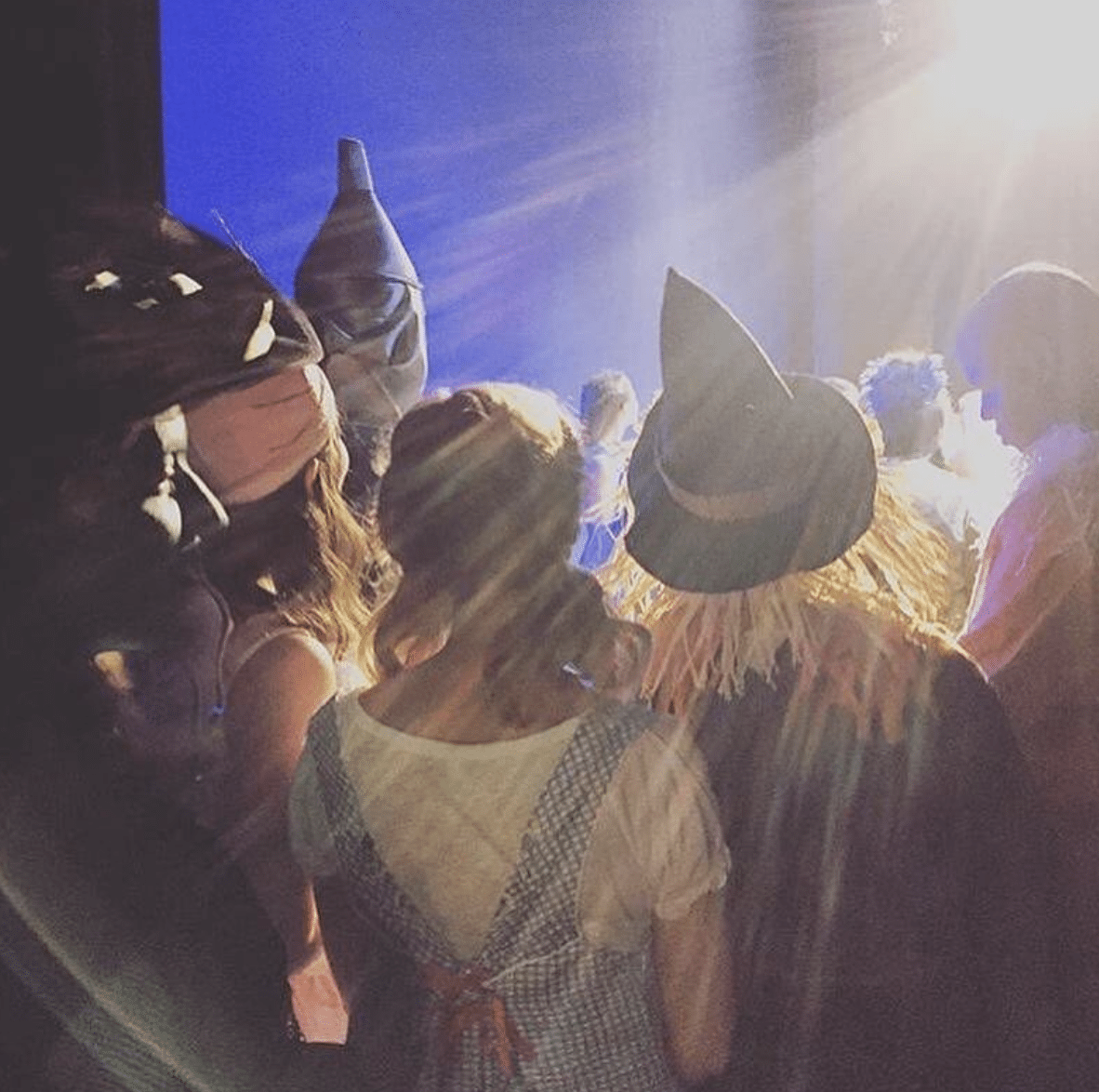
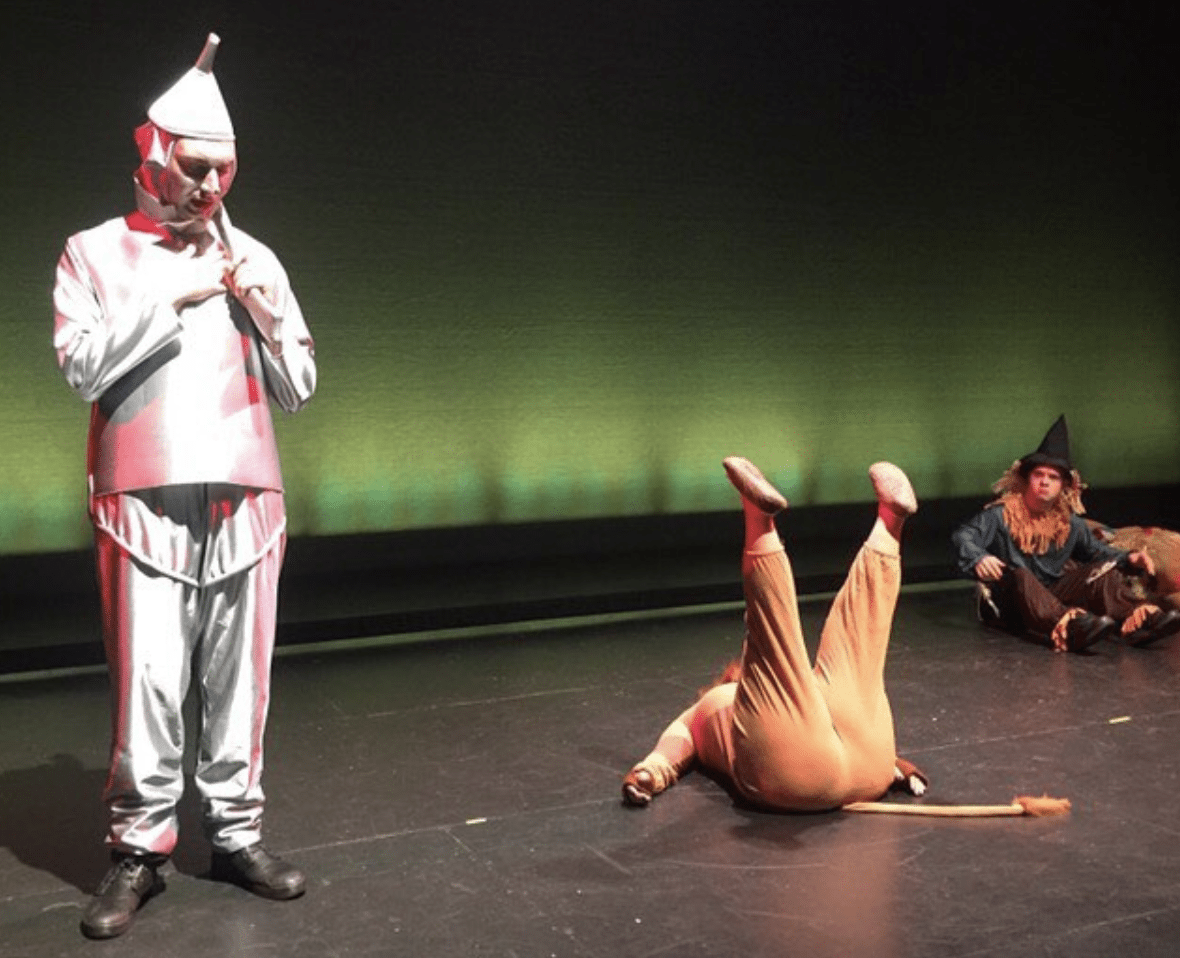
Last year the company performed Scenes and Songs from Oz, a combination of storylines from The Wizard of Oz, The Wiz, and Wicked. The group adapts themes from well-known productions and integrates a devised thread through them.
Next up, the DreamStreet team will work on an adaptation of Our Town set in Brooklyn with performances scheduled for December 14 and 15 at Roulette in Boerum Hill.
In June, DreamStreet moved into a new office space in Fort Greene provided by Art-New York, a non-profit organization that provides training, theater, and rehearsal space to small theater groups in NYC. The South Oxford Street location provides the group with administrative space as well as three rehearsal spaces.
Other upcoming plans for DreamStreet include expanding to visual and tactile arts in the coming year and developing a short film. “I hope that DreamStreet can provide a platform for this under-served population and can highlight the true talent that people might not have the opportunity to see,” Kendra says. “I hope that more of Brooklyn can see what these guys can do and know that they’re here.”
The name DreamStreet was inspired by one of the group’s original cast members. He said the route to his classes and rehearsals “was the only street he could follow his dreams on,” Kendra recalls. “We’d like to continue what we’ve been doing…so that the cast can really leave their mark on the New York theater and arts scene.”
[Video shot and edited by Ian Phillips, courtesy of DreamStreet]




